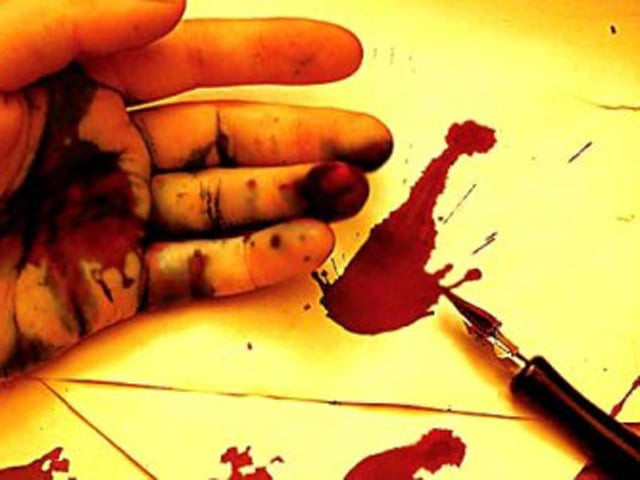Dangerous for journalists
Nothing has come of Saleem Shahzad case, we do not know what force or forces are behind deaths of other journalists.

And it seems steadily to be becoming more dangerous still, forcing the office of the UN’s Human Rights Commissioner to make a terse comment following the death of two more journalists within eight days — one in Balochistan and one in North Waziristan. This brings to nine the number of journalists killed so far this year. Sixteen died in 2010 according to the autonomous Committee to Protect Journalists based in New York — more than in any other nation of the world. The UN office has called for all parties responsible to stop the killings and urged the government to take immediate steps to “independently investigate these cases”. But is this, realistically speaking, likely to happen? More than two-and-a-half months after the brutal killing of Saleem Shahzad, the bureau chief of the Hong Kong-based Asia Times Online, there has been little progress in investigating his death. The ISI had been mentioned by the APNS and Human Rights Watch, both of whom Mr Shahzad had written to prior to his death, as the most likely culprit if anything happened to him. Nothing has come of this — and, of course, we do not know what force or forces are behind the other killings. There is also the still-unresolved case of Hayatullah Khan.
Stringers and reporters, especially in conflict zones such as Fata, are the most vulnerable to such murder. It is the responsibility of state, and also of the organisations they work for, to ensure they can do their job safely and bring in information to citizens whose right to know the truth in all parts of the country as it unfolds must not be curtailed.
Published in The Express Tribune, August 22nd, 2011.















COMMENTS
Comments are moderated and generally will be posted if they are on-topic and not abusive.
For more information, please see our Comments FAQ